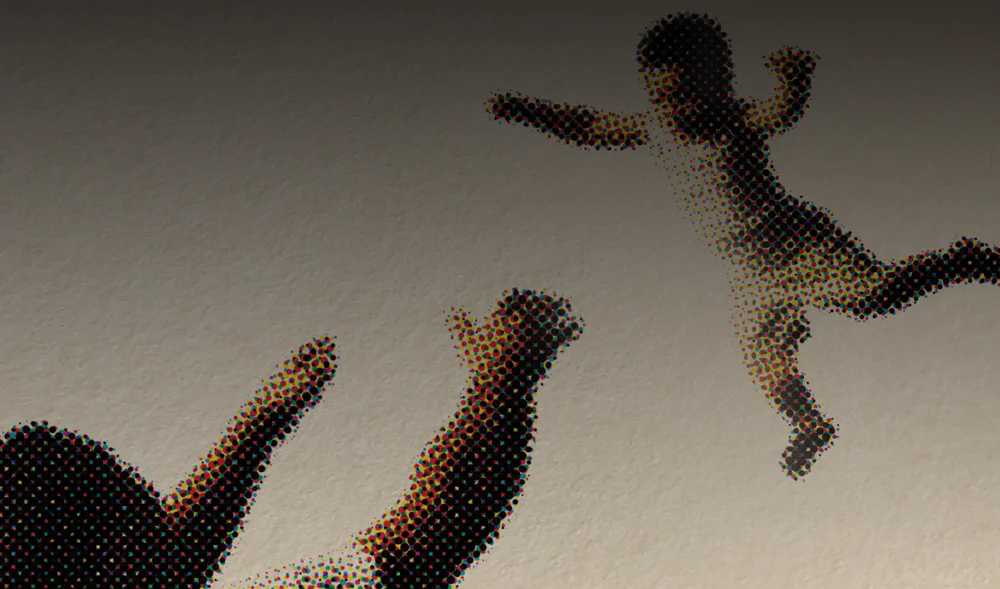Zero to Three
(2013 Cave Canem Poetry Prize)
Poems by F. Douglas Brown
Selected by Tracy K. Smith
Poems on the early life and development of a child, and how parents themselves are altered throughout these stages.
“These poems lead us from the birth cry in a hospital delivery room, to dusk and revelry in Spain, to modern-day Florida and history-laden Mississippi where Trayvon Martin and Emmett Till were slain. Even when what Brown has set out to do is grieve loss, his lines move with a buoyant, marrow-deep music, percussive and rich. They move like ‘a train, bound to a destination’ and they arrive with ‘the crackle lightning makes when it hits.”
“F. Douglas Brown writes on behalf of the families we make and the families that make us. Poets like Robert Hayden and Elizabeth Bishop join lovers and kin in shaping his magnanimous craftsmanship and compassion. The late poet Stanley Kunitz once said he wrote about his life in order to amplify it. Likewise, this engrossing debut makes our world more vivid, transformative, and transcendent. Zero to Three is simply a triumph.”
Description
What started out as a way to address dealing with parenting and, in particular, fatherhood, became a series of poems focused on familial roles and situations that are difficult to articulate, even among family members. The poems in Zero to Three mark both the change in the child and in the father, who is also a son himself. The term “zero to three” derives from the developmental period that many clinicians and pediatricians believe is the most fundamental phase for children whose delicate brains are undergoing drastic and formative change. Research also shows that parents undergo formative change alongside their children during this period from conception to toddler age.
These poems do not intend to offer a definitive stance on parenting or fatherhood but, rather, to capture an emotional gestational period that extends beyond the womb and exceeds beyond the grave. They celebrate pop culture and family, as well as lament the anguish and frustration of a parent losing his temper or a parent losing a parent. Ultimately, these poems attempt to sing and dance in the fact that parenting is a wonderful mystery to witness and experience.


